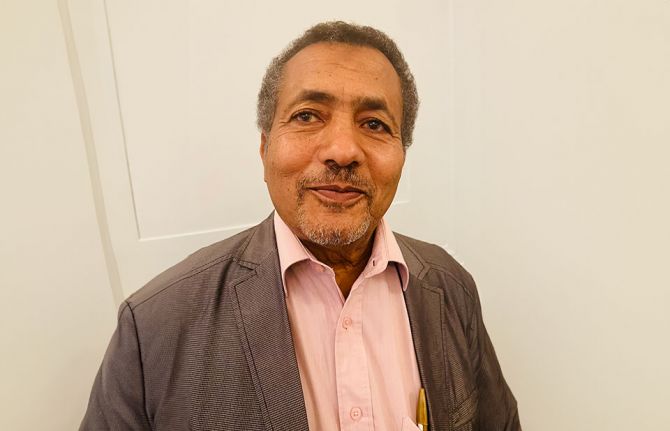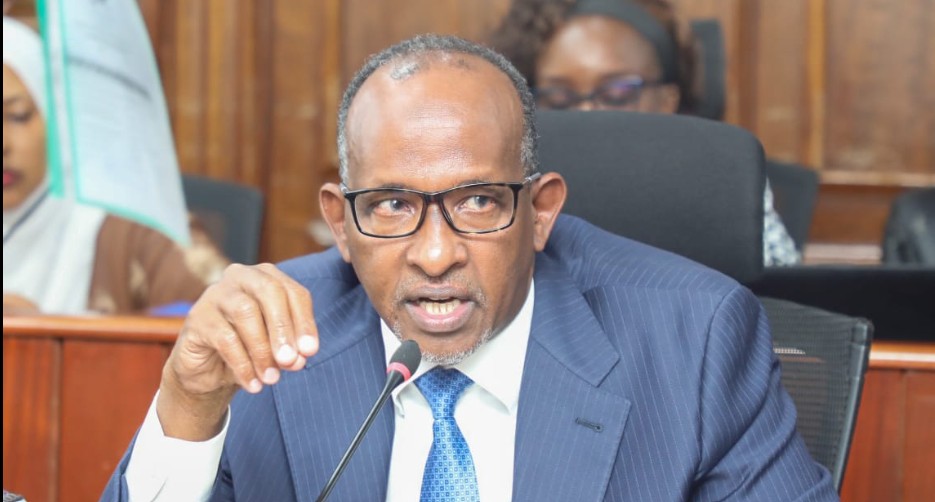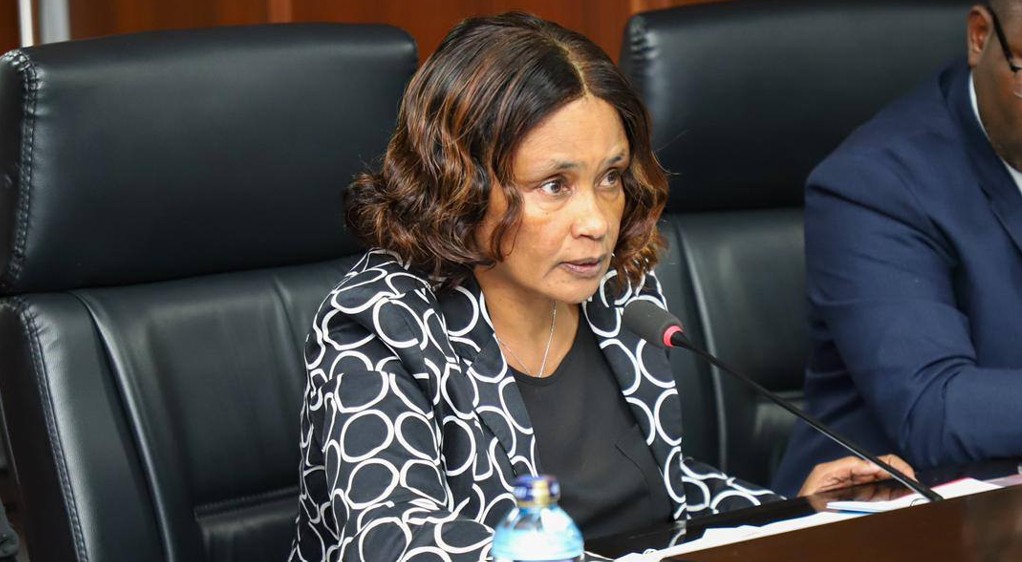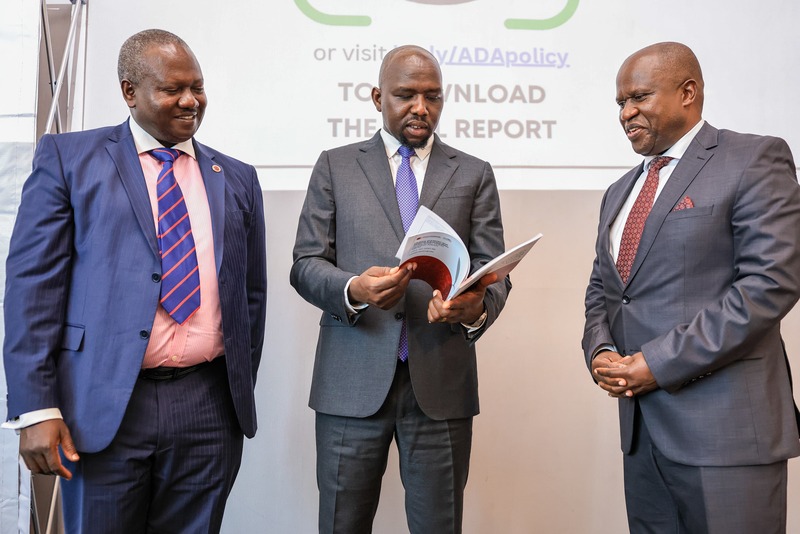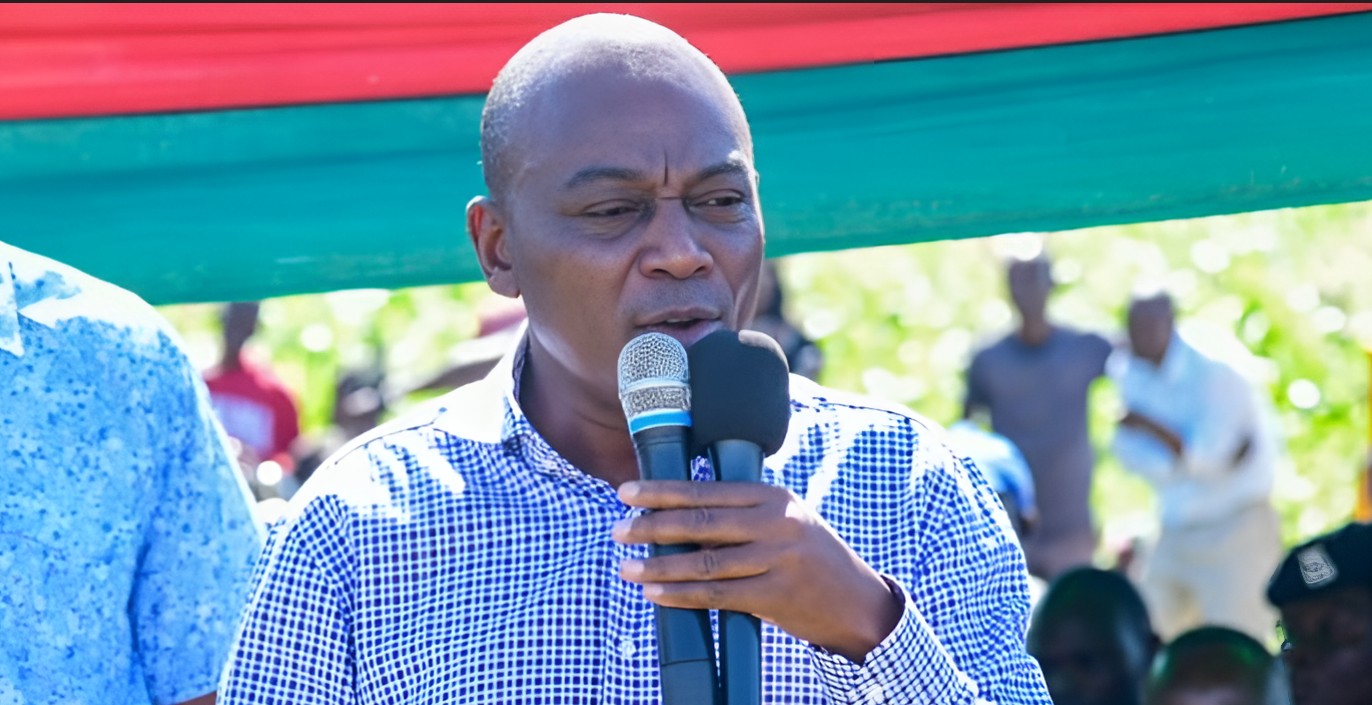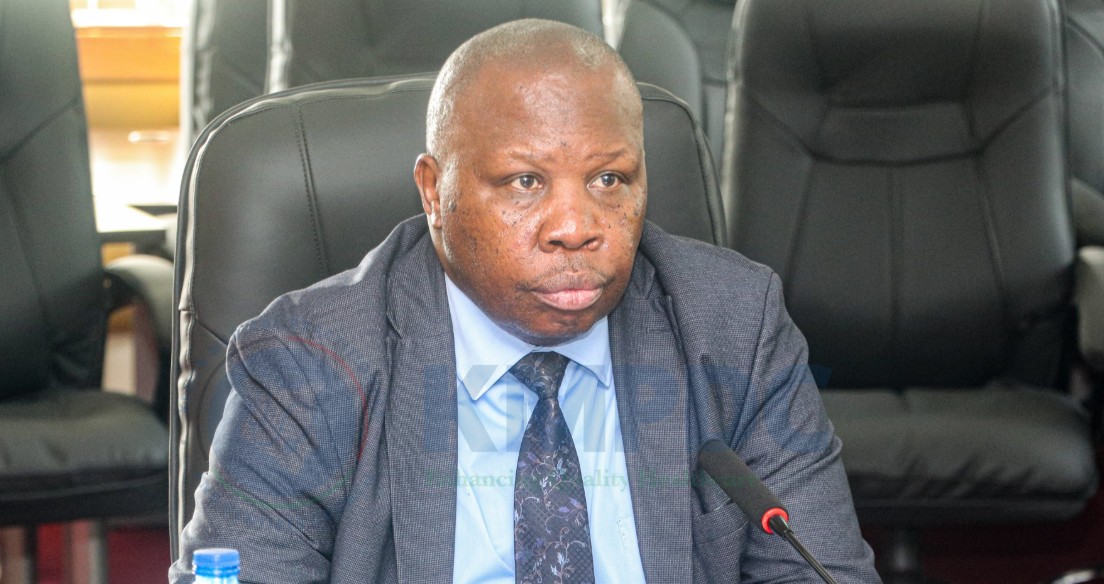Mbadi commits to releasing pension money for retired civil servants
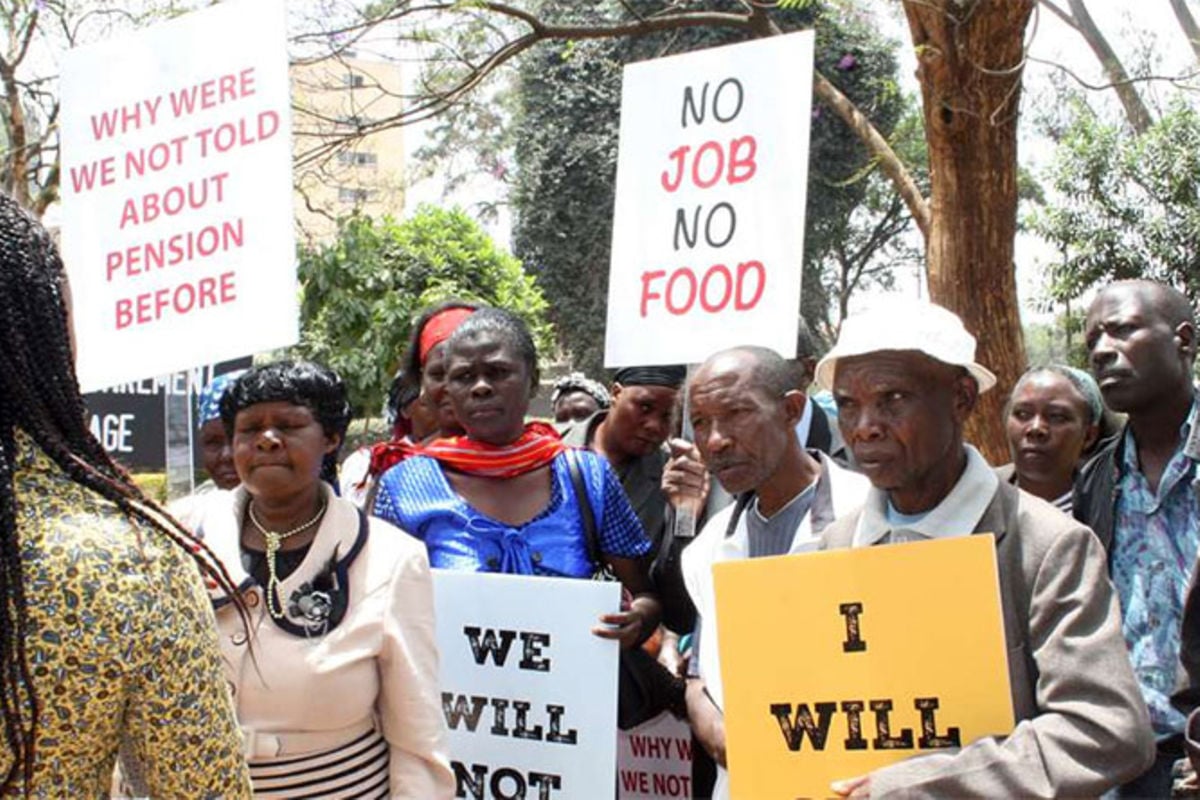
"We must settle all their pensions for those who are eligible," he promised.
If National Treasury cabinet nominee John Mbadi fulfils his promises to public service retirees regarding prompt pensions, he will bring relief and joy to thousands of retired government civil servants currently languishing in poverty.
Mbadi, during his vetting for the position, explained to the Speaker Moses Wetangula-led vetting committee that paying pensions to retirees on time is a way of ensuring that the country treats its senior citizens better.
More To Read
- No more laxity for public officers as government rolls out new disciplinary system
- South Sudan’s MPs demand answers amid deepening liquidity crisis
- Fresh rift between SRC and PSC over legal officers’ special allowances
- UHC: MPs back motion seeking to compel civil servants to use public hospitals
- Kabogo denies Ruto targeting Mt Kenya civil servants, blames Gachagua for divisive politics
- Government suspends hardship area classification after public backlash
"We need to treat our senior citizens better. We will make sure we pay pensions immediately when civil servants retire," promised Mbadi.
The nominated opposition lawmaker regretted that the country failed pensioners in the year ending June 30, 2024, when the Treasury failed to pay a pension amounting to Sh26 billion to retired civil servants in need of a pension.
Wetang'ula stressed the issue of unpaid pension, asking Mbadi to confirm if he too receives retired civil servants camping in his home with papers pursuing their pension.
"In fact, I have messages from those seeking pensions from the government on my phone," Mbadi asserted.
The former Orange Democratic Movement (ODM) chairman promised to initiate change at the Treasury to put effective systems in place to ensure that pension contributions and payments are sustainable.
Mbadi believes that the country needs to change its pension system because it is not sustainable.
"We must settle all their pensions for those who are eligible," he promised.
His assurances come at a time when the government is staring at a crisis in the pension sector.
The persistent extension of state employee contracts beyond the set retirement age is nearing an inflexion point, as nearly a third of the government workforce is looking forward to retirement and the eventual payment of their pensions.
The Pensions Department at the National Treasury announced in June 2023 plans to process 85,400 claims over a period of three years.
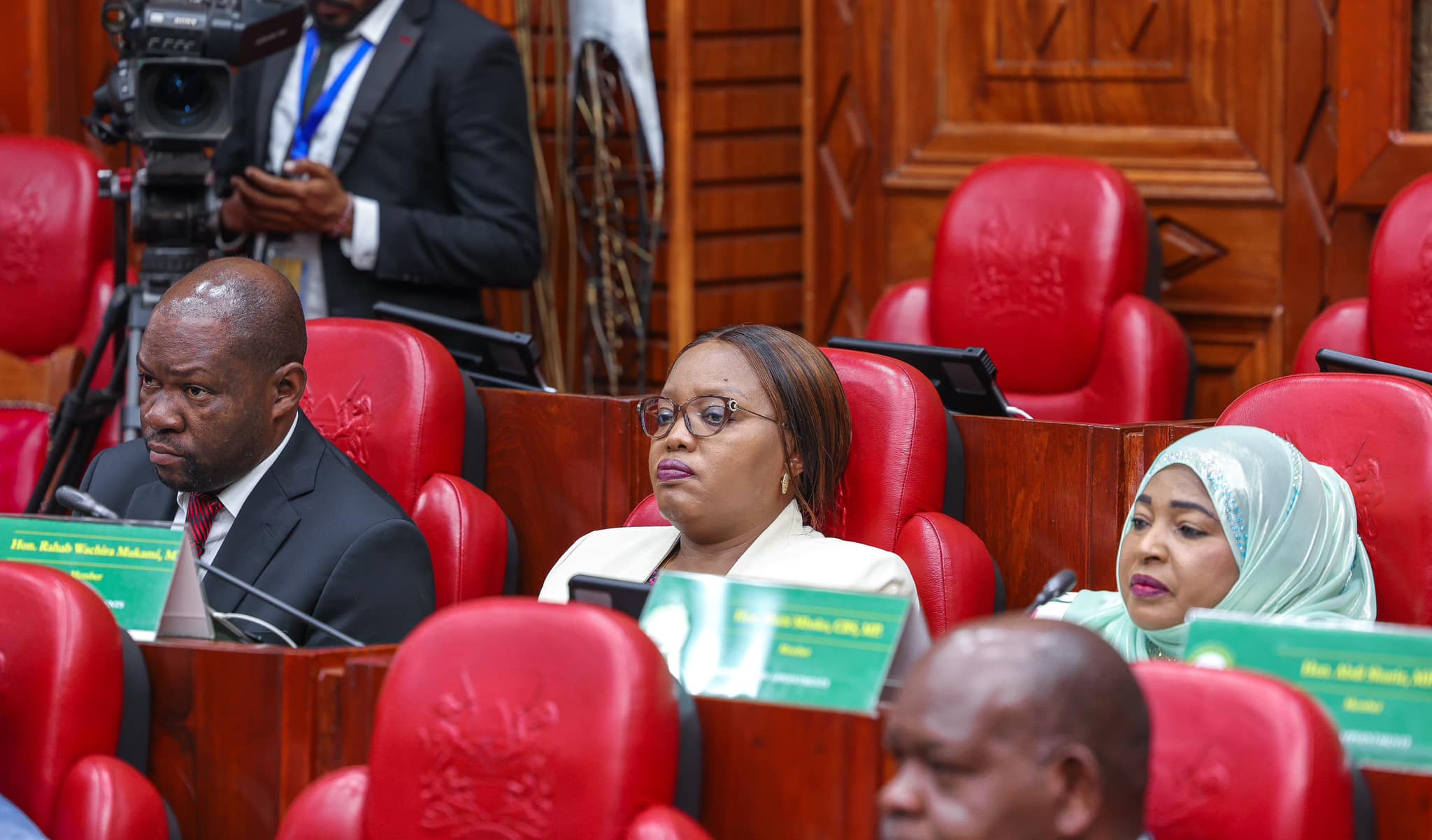 Members of the National Assembly’s Committee on Appointments following proceedings during the vetting of CS nominees on Saturday, August 3, 2024.(Photo: Parliament)
Members of the National Assembly’s Committee on Appointments following proceedings during the vetting of CS nominees on Saturday, August 3, 2024.(Photo: Parliament)Members of the National Assembly’s Committee on Appointments following proceedings during the vetting of CS nominees on Saturday, August 3, 2024.(Photo: Parliament)
This figure will demonstrate how the Treasury processes an estimated Sh685 billion in pension benefits over time.
Rising pension liabilities, coupled with debt repayment costs, will cause significant challenges for President William Ruto's administration over the next three years.
Estimates by the National Treasury predicted that 30,155 workers would quit by the end of June 2024, dropping to 28,745 in 2025 and 26,500 in 2026.
This will see the processing of pensions amounting to Sh189 billion for the year ended June 20, 2024, and a further increase of Sh207 billion for the new financial year, 2024–25.
Early in 2024, the cash crisis saw state entities fail to remit a combined Sh72.96 billion in pension and pay-as-you-earn (PAYE) deductions.
The Retirement Benefit Authority (RBA) estimates that retirement benefit schemes cover 3.5 million people in Kenya or 25 per cent of the workforce.
Kenya's 2009 decision to raise the retirement age from 55 to 60 years old didn't help the situation. The government struggled with a huge pension bill as more people retired from service at the time of the review.
Contrary to the Public Service Commission Act, 2017, which states that a public officer must retire from the service with effect from the date they reach the mandatory retirement age, extensions of the retirement period have continued.
Further, the Commission or other appointing authority shall not extend the service of such retired public officers beyond the mandatory retirement age.
Under the Public Service Commission Act 2017, public officers are currently retired at 60 years old, with individuals with disabilities retiring at 65 years old.
President William Ruto, on July 5, directed public servants aged 60 and above to proceed to retirement. In measures to cut costs of running government, he said there would be no extension of tenures for civil servants.
Top Stories Today






